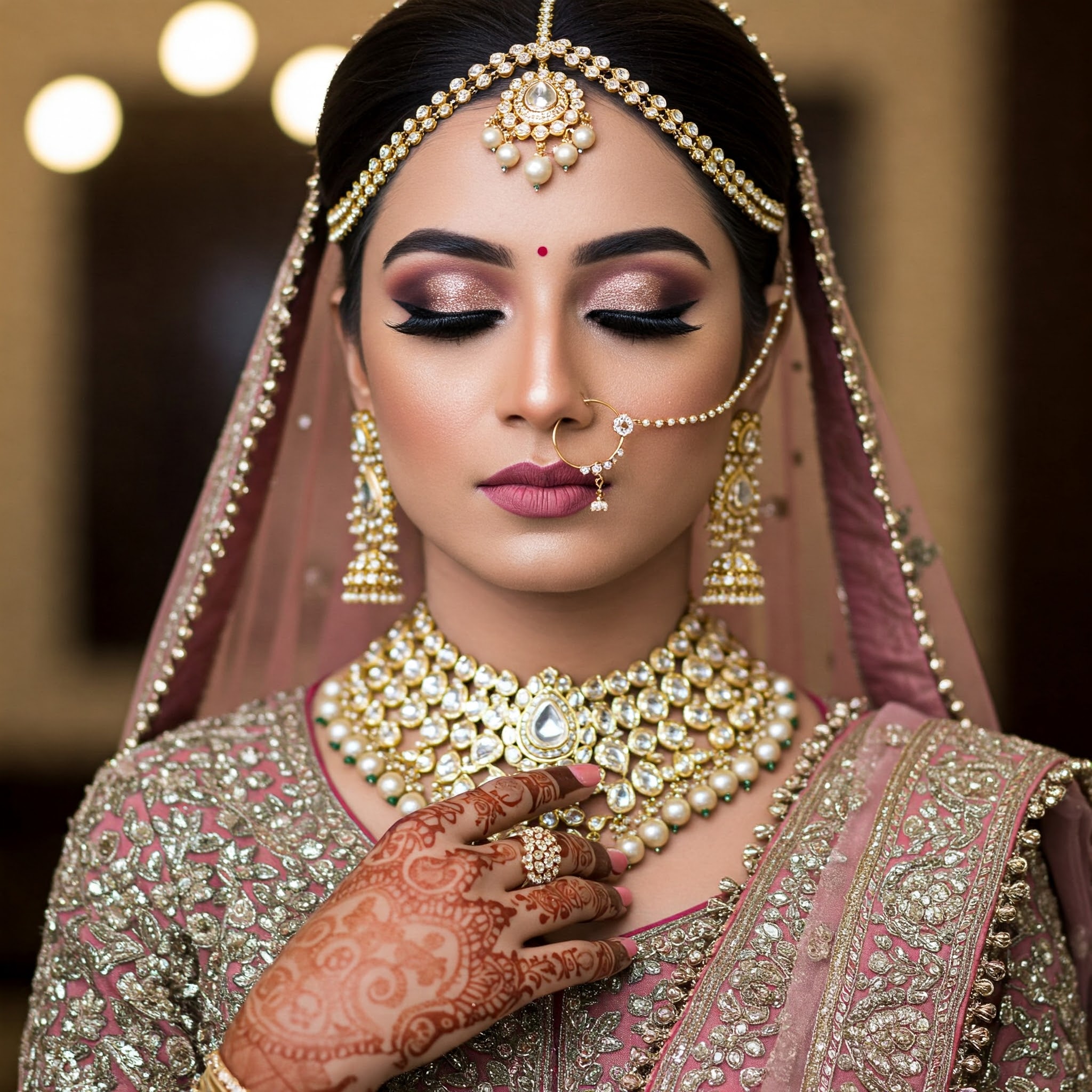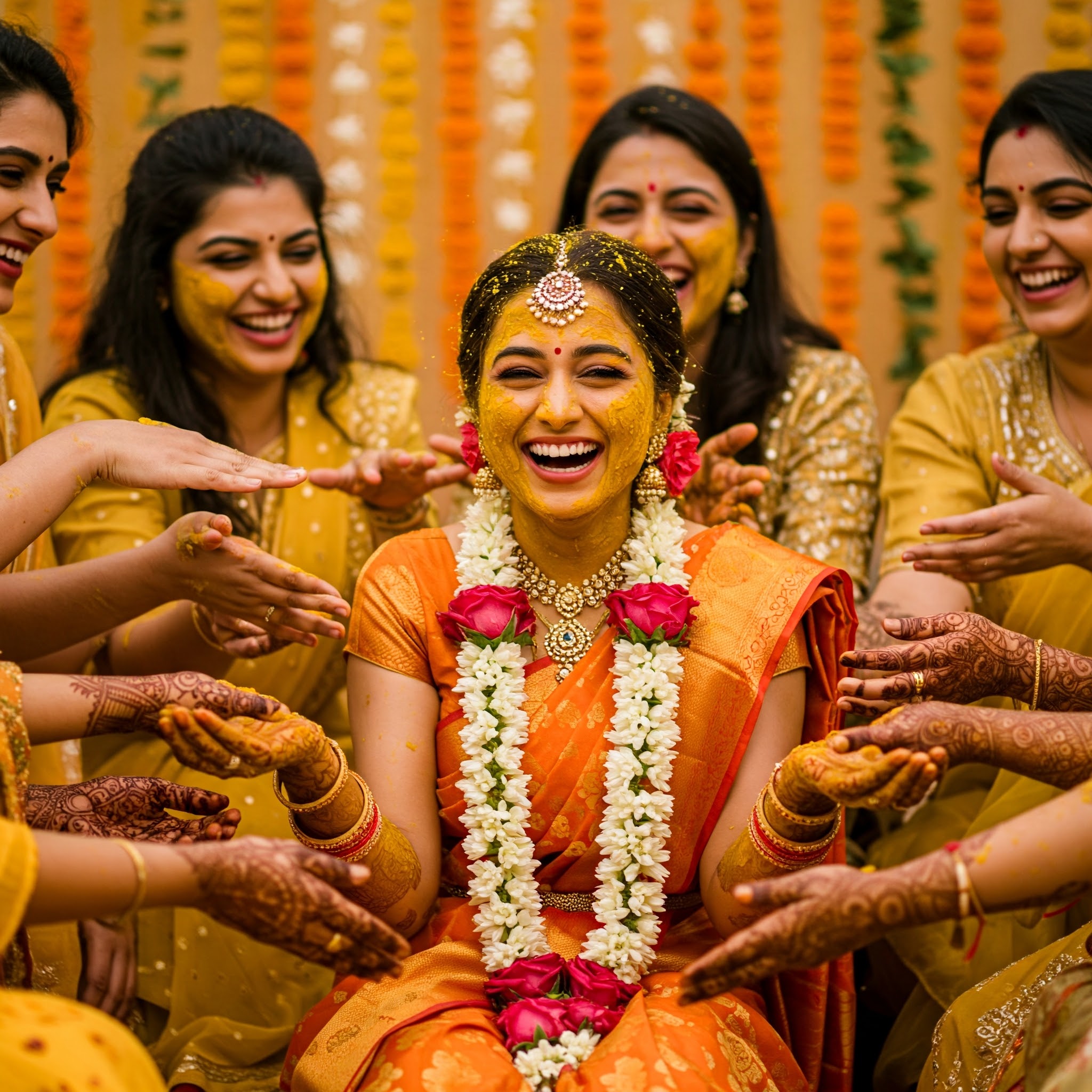
AI and Compatibility Matching: The Future of Marriage Matrimony Sites
02-Jul-2025 digi shaadi
Introduction
The Indian matchmaking industry is going through its most intelligent transformation yet — thanks to Artificial Intelligence (AI). From predictive compatibility algorithms to behaviour-based matchmaking suggestions, AI is making digital matrimony smarter, safer, and far more accurate.
This isn’t just a tech trend — it’s a cultural evolution. For working professionals, NRIs, Gen Z, millennials, and even traditional families, AI is reshaping how life partners are chosen. And India, with its diverse preferences and complex relationship dynamics, is the perfect playground for this revolution.
From Biodata to Behavior-Driven Matchmaking
Marriage decisions were once made over a cup of tea, a family horoscope, and a handwritten biodata. But today, the process is data-rich, dynamic, and AI-powered.
On matrimony platforms like DigiShaadi, AI uses vast data points — like interaction history, profile preferences, lifestyle choices, and even sentiment in messages — to learn what a user truly wants.
This shift is especially crucial in an age where people want partners who share values, ambitions, and goals — not just community and location.
2. What AI Looks At: Beyond Your Profile Photo
AI looks deeper than human matchmakers ever could. Here’s what gets analysed:
Click behavior: Which profiles you linger on vs. skip fast
Messaging tone and language
Time of day you browse (to match lifestyle habits)
Your swipe/shortlist patterns
Education, profession, location, religion, and more
Machine learning then maps these behaviours to suggest increasingly accurate matches. It's this personalised journey that today’s urban Indians — especially working professionals — love, as covered in How Working Professionals in India Use Matrimony Portals.
3. Compatibility Matching vs. Traditional Filters
In traditional matchmaking, the top priorities were:
Religion
-
Caste/sub-caste
-
Family reputation
-
Horoscope
In contrast, AI-based compatibility matching factors in:
-
Communication style
-
Value systems
-
Life goals (e.g., “willing to relocate abroad”)
-
Career aspirations
-
Introvert vs extrovert behavior
This new model is especially important for younger generations who prioritise shared values, as explained in Why More Millennials and Gen Z Are Choosing Marriage Matrimony Sites.
4. Regional vs Global: AI Adapts to Cultural Context
India has over 4000 castes, 20+ major languages, and diverse religious traditions. AI systems trained on regional data can suggest a Tamil Iyer match from Chennai to a Telugu professional in Hyderabad — only if both have shown behavioural signs of openness.
AI also helps platforms distinguish between regional vs. global preferences, which is vital in NRI matchmaking. Platforms that blend regional context with global exposure offer better results — a balance explored in depth in Regional vs Global Marriage Matrimony Sites: Which Offers Better Matches.
5. How AI Learns and Improves Over Time
AI is not static. It learns from:
-
New matches you accept or reject
-
Chats that lead to longer conversations
-
Profiles you revisit
-
Who you block/report
Over time, the algorithm understands what truly matters to you — and your matchmaking experience becomes more tailored. This adaptive model outperforms fixed search filters.
6. Horoscope Matching Gets a Digital Upgrade
Even as modern users rely on AI, many still want Vedic compatibility. Matrimony platforms now integrate AI with traditional Indian astrology.
As covered in The Role of Horoscope Matching in Indian Matrimony Portals, some platforms now use:
AI to match horoscopes instantly
-
Compatibility scoring based on Guna milan + behavioral data
-
Modern dashboards to explain doshas in simple language
This fusion of tradition and tech appeals to both young users and their families.
7. Fraud Detection and Safety Through AI
AI isn’t just about love — it’s about trust. With growing concern over fake profiles, AI now flags:
Multiple accounts from same IP
-
Photoshopped or stock images
-
Inconsistent profile data
-
Spam messages
This helps reduce scams, which are a major concern as explored in How to Avoid Scams on Indian Matrimony Portals.
Users get notified if a match is flagged — saving them from wasting emotional energy.
8. AI-Powered User Journeys
Here’s how AI influences your matchmaking flow:
Signup: AI begins collecting baseline data
Profile Building: Recommendations start to personalize
Browsing Behavior: Every click helps fine-tune future suggestions
Messaging: Chat patterns reveal social comfort and openness
Success Score: AI predicts your likelihood to match and settle
This journey is smooth, intuitive, and improves over time.
9. Urban vs Rural AI Behavior Mapping
AI also detects regional behaviour gaps. In Tier 2 and Tier 3 cities, users may take longer to message or prefer family-initiated connections.
AI adjusts for this by:
Suggesting slower matchmaking rhythms
-
Including more horoscope-backed profiles
-
Prioritizing community-first filters
As discussed in Urban vs Rural Usage of Matrimony Portals in India, this is key to platform inclusivity.
10. What the Future Looks Like
By 2026, we expect AI in matrimony platforms to:
Enable voice-enabled matchmaking assistants
-
Offer AI-written biodata summaries
-
Include emotional tone detection in messages
-
Suggest ideal times to initiate contact based on psychological patterns
These features will be part of what’s shaping the top trends in Indian matrimony portals in 2025.
11. Choosing the Right AI-Driven Platform
All platforms are not built equal. When selecting a matrimony site, professionals must look for:
Transparent AI usage
-
Profile verification tools
-
Clear privacy policies
-
Balance of tradition and tech
This is why knowing how to choose the right matrimony portal in India is crucial for success.
12. Ethics of AI in Matrimony
While AI is powerful, it must be used responsibly. Platforms should avoid:
Manipulating emotional data
-
Promoting paid matches unfairly
-
Prioritizing engagement over outcome
Instead, ethical AI usage involves clear consent, transparency, and prioritising users' long-term happiness.
13. AI in Interfaith and Faith-Based Matchmaking
Faith is an important part of identity for many Indian Christians, Muslims, and others. AI tools can help match based on values, prayer frequency, or community involvement.
But faith isn’t just religion — it’s worldview. As noted in Discussing Faith Early: Why It Matters in Christian Matrimony, AI can assist users in finding partners who align spiritually — not just culturally.
Conclusion: Tech + Tradition = Tomorrow’s Love Story
Marriage is evolving — and AI is helping us embrace this change. For India, where relationships are rich with emotion, family, and values, AI brings an added layer of understanding.
From fraud protection to faster matches, from behaviour mapping to cultural nuance, AI is making matrimony smarter — and more human.




